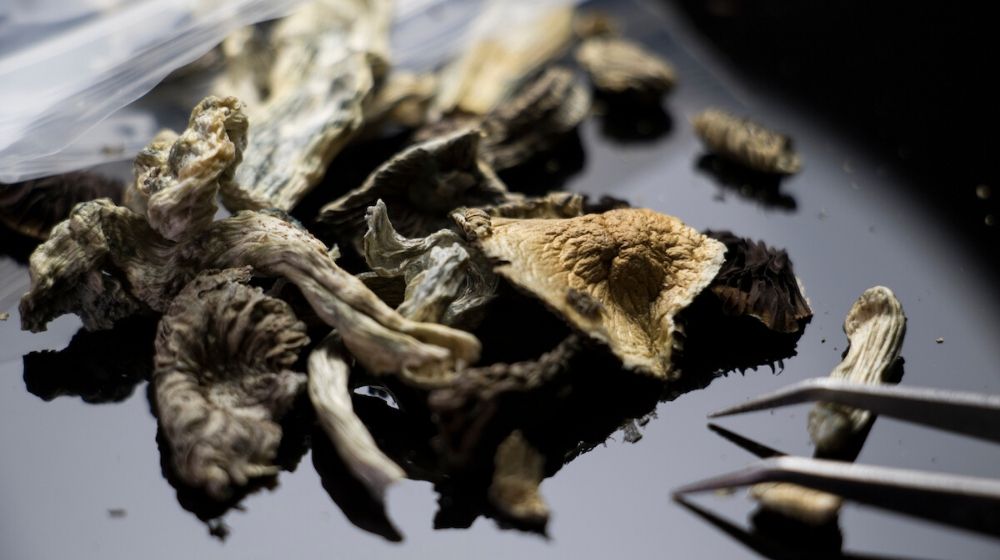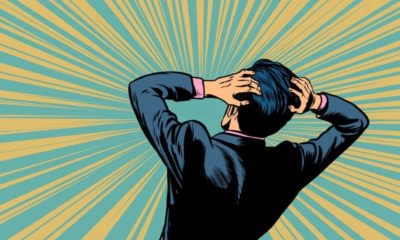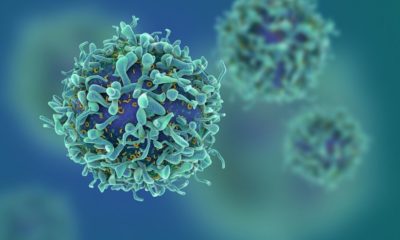Bizarre
STUDY: ‘Magic Mushroom’ Drug Reduces Anxiety and Depression in Cancer Patients

A new study found that a single dose of psilocybin, a compound found in “magic mushrooms,” provides long-term relief of anxiety and depression in cancer patients. CNN reported that cancer patients who received psilocybin reported reduced anxiety, depression, hopelessness, demoralization, and death anxiety more than four years after receiving the dose in combination with psychotherapy.
Dr. Stephen Ross, associate professor of psychiatry in the Department of Psychiatry at NYU Langone Health, said that their findings “strongly suggest that psilocybin therapy is a promising means of improving the emotional, psychological, and spiritual well-being of patients with life-threatening cancer.”
In 2016, 29 patients with cancer-related anxiety and depression received either a single dose of psilocybin or a vitamin placebo called niacin. Seven weeks later, they were given the opposite. They also received nine psychotherapy sessions. According to CNN, by 6½ months, “after all patients had received psilocybin, about 60% to 80% showed clinically significant reductions in depression, anxiety and existential distress and improved attitudes toward death.”
'Magic mushroom' drug reduces anxiety and depression in #cancer patients for 5 years
‘cancer patients who were given psilocybin reported reductions in anxiety, depression,hopelessness, demoralization, and death anxiety more than 4 years after receiving.. https://t.co/MjjMFjXn31
— Gabe Canales (@GabeCanales) January 28, 2020
“This approach has the potential to produce a paradigm shift in the psychological and existential care of patients with cancer, especially those with terminal illness,” Ross said. While his team still does not fully understand how psilocybin affects the mind, they suggested that it could be caused by our brains having a level of neuroplasticity – the ability to adapt and change with various experiences.
“The drug seems to facilitate a deep, meaningful experience that stays with a person and can fundamentally change his or her mindset and outlook,” said Gabby Agin-Liebes, lead investigator and lead author of the long-term follow-up study, and co-author of the 2016 parent study.
However, the study has limitations, such as its limited number of patients in the latest study and its overlap with the previous trial. “The conclusions that can be drawn are limited because the original trial was a crossover design,” says James Rucker, who leads the Psychedelic Trials Group at the Centre for Affective Disorders at Kings College London in the UK.
“This means that in the original trial every participant eventually received psilocybin. Because of this, there is no control group in this current study. This means that we do not know whether the participants might have improved long term anyway, regardless of the treatment.”












